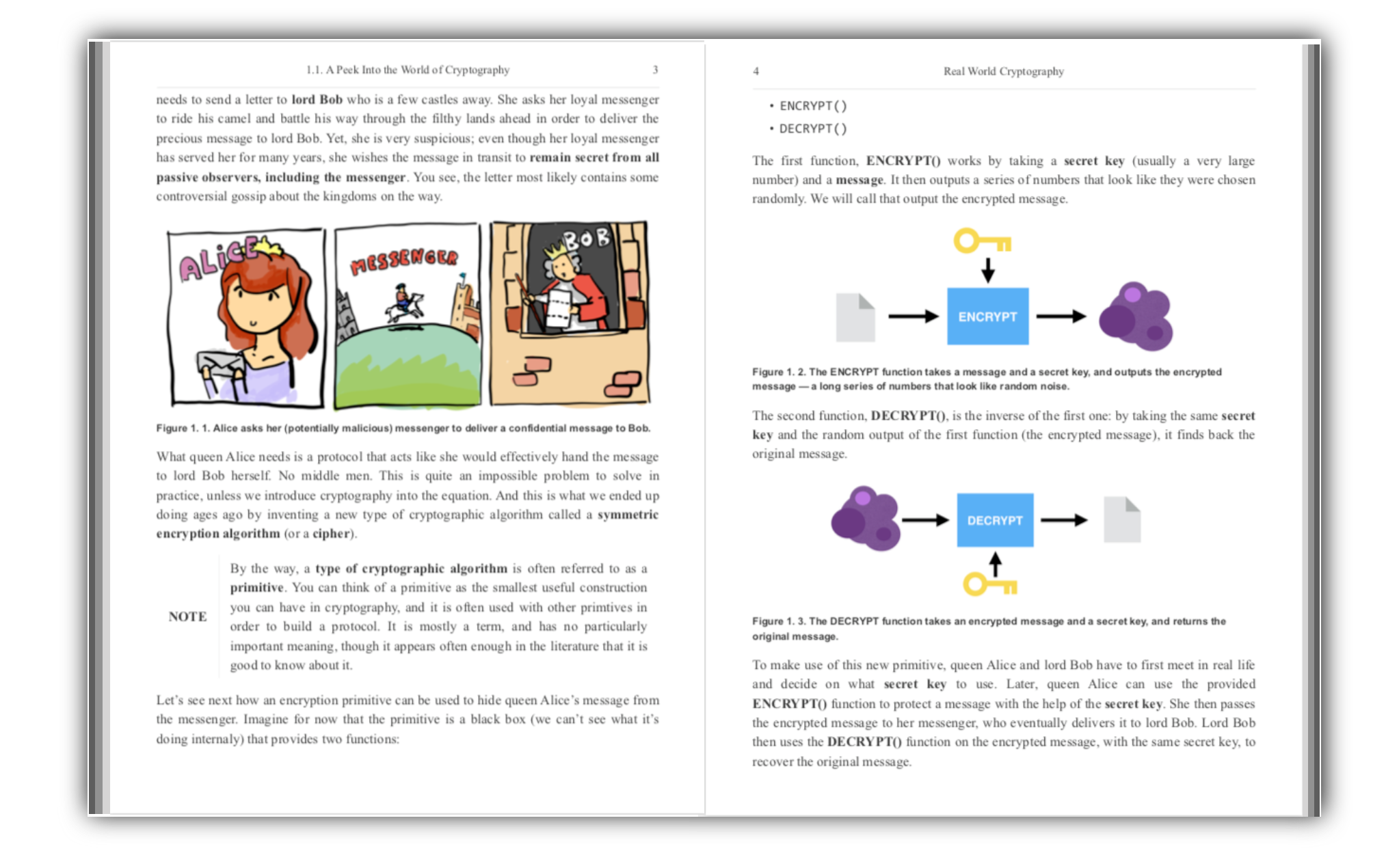Smart contracts with private keys posted July 2022
In most blockchains, smart contracts cannot hold a private key. The reason is that everyone on the network needs to be able to run the logic of any smart contract (to update the state when they see a transaction). This means that, for example, you cannot implement a smart contract on Ethereum that will magically sign a transaction for Bitcoin if you execute one of its functions.
In zero-knowledge smart contracts, like zkapps, the situation is a bit different in that someone can hold a smart contract's private key and run the logic associated to the private key locally (for example, signing a Bitcoin transaction). Thanks to the zero-knowledge proof (ZKP), anyone can attest that the private key was used in a correct way according to the contract, and everyone can update the state without knowing about the private key.
Only that one person can use the key, but you can encode your contract logic so that they can respond to requests from other users. For example:
-- some user calls smart_contract.request(): Hey, can you sign this Bitcoin transaction?
-- key holder calls smart_contract.response(): here's the signature
The elephant in the room is that you need to trust the key holder not to leak the key or use it themselves (for example, to steal all the Bitcoin funds it protects).
The first step to a solution is to use cryptographic protocols called multi-party computations (MPCs) (see chapter 15 of Real-World Cryptography). MPCs allow you to split a private key between many participants, thereby decentralizing the usage of the private key. Thanks to protocols like decentralized key generations (DKGs) the private key is never fully present anywhere, and as long as enough of the participants act honestly (and don't collude) the protocol is fully secure. This is what Axelar, for example, implements to allow different blockchains to interoperate.
This solution is limited, in that it requires a different protocol for every different usage you might have. Signing is one thing, but secret-key cryptography is about decrypting messages, encrypting to channels, generating random numbers, and much more! A potential solution here is to mix MPC with zero-knowledge proofs. This way, you can essentially run any program in a correct way (the ZKP part) where different parts of the program might come from different people (the MPC part).
A recent paper (2021) presented a solution to do just that: Experimenting with Collaborative zk-SNARKs: Zero-Knowledge Proofs for Distributed Secrets . As far as I know, nobody has implemented such a concept onchain, but I predict that this will be one of the next big thing to unlock for programmable blockchains in general.


Comments
leave a comment...